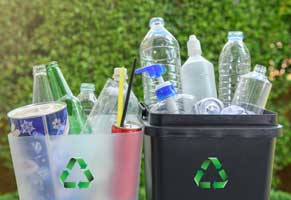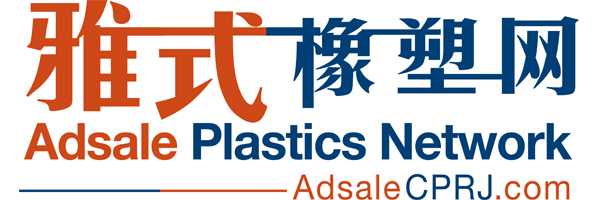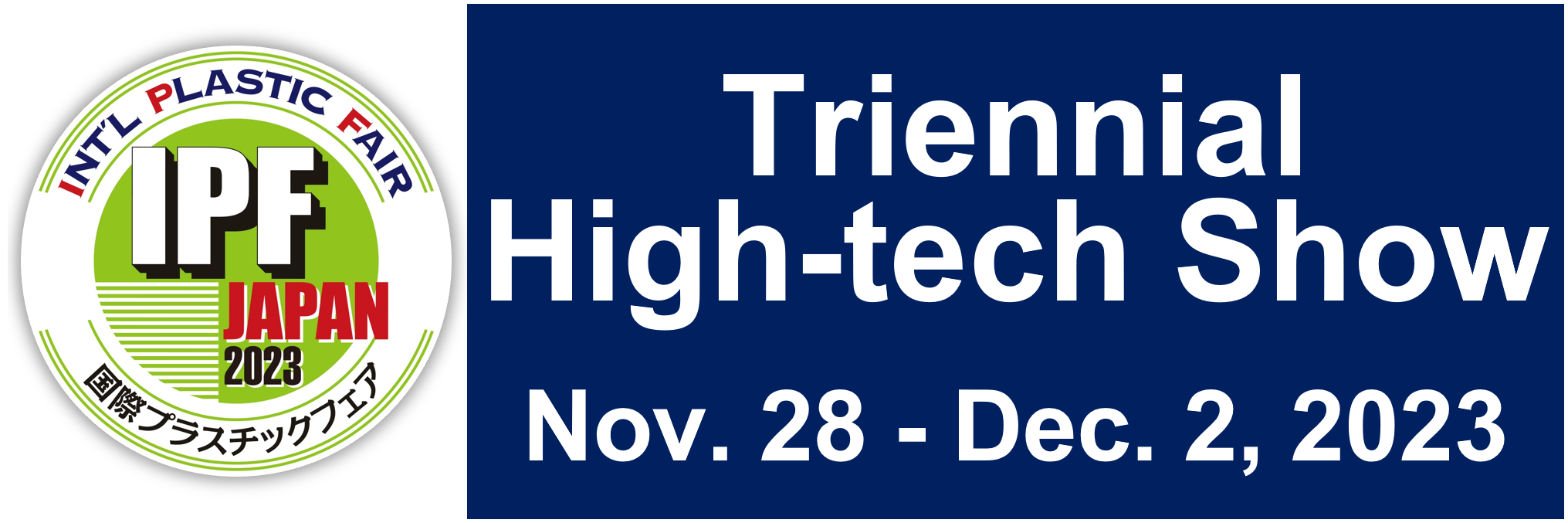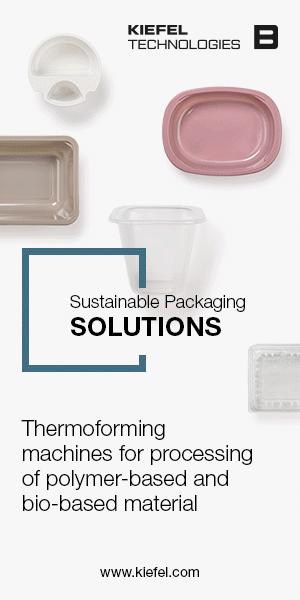European associations urge EU to adopt rules for calculation of chemically recycled content in plastics

The European Chemical Industry Council (Cefic) together with 30 other industry associations representing major market sectors along the European plastics value chain have issued a joint letter to the European Commission, urging the adoption in 2023 of an EU-harmonised rule for calculating chemically recycled content through mass balance.
The joint letter also asks for clarity, coherence of rules across legislation addressing recycled content in plastics, nonplastic chemical materials.
While emphasising that mechanical recycling should remain the preferred choice, more investments in all technologies are needed to increase recycling, the associations add. “This includes chemical recycling which allows for the use of plastic waste, especially feedstock not suitable for mechanical recycling, to produce new plastics.”
For chemical recycling to succeed and be available at scale, it says that investments need to be intensified in these technologies.
It adds, “Urgent legal certainty on mass balance chain of custody is indispensable to unleash the investments in chemical recycling infrastructure required for the European plastics system to meet the EU’s 2050 climate and circularity targets. Therefore, we call on the European Commission to use the Single Use Plastics Directive (SUPD) Implementing Act as a legal basis to adopt, in 2023, EU rules enabling the use of a mass balance credit method with a fuel-use exempt model to calculate the chemically recycled content in plastics.”
Alongside the SUPD Implementing Act, the joint letter calls for clarity and coherence of the rules across other pieces of legislation addressing recycled content in plastics and non-plastic chemical materials.
This would boost the circular economy, strengthen the EU’s strategic autonomy in raw materials and contribute to meet climate targets.
The letter further says, “We ask the Commission to urgently adopt a mass balance chain of custody to calculate chemically recycled content in plastics. Mass balance is a transparent and auditable method to trace a defined material characteristic along the value-chain from material suppliers to consumers. A mass balance chain of custody is already used and accepted in other domains such as sustainable forestry products and fair-trade cocoa and chocolate.”
The associations also advocate a fuel-use exempt model that would provide for a robust system to reach the recycling levels expected by the market and required by EU legislation in a timely manner, so as to drive circularity to the next level. To ensure credibility throughout the whole value chain, third-party verification and certification of the calculation method will be necessary.
(PRA)
Subscribe to Get the Latest Updates from PRA Please click here
©2023 Plastics and Rubber Asia. All rights reserved.

©2023 Plastics and Rubber Asia. All rights reserved.
Home Terms & Conditions Privacy Policy Webmail Site Map About Us

























